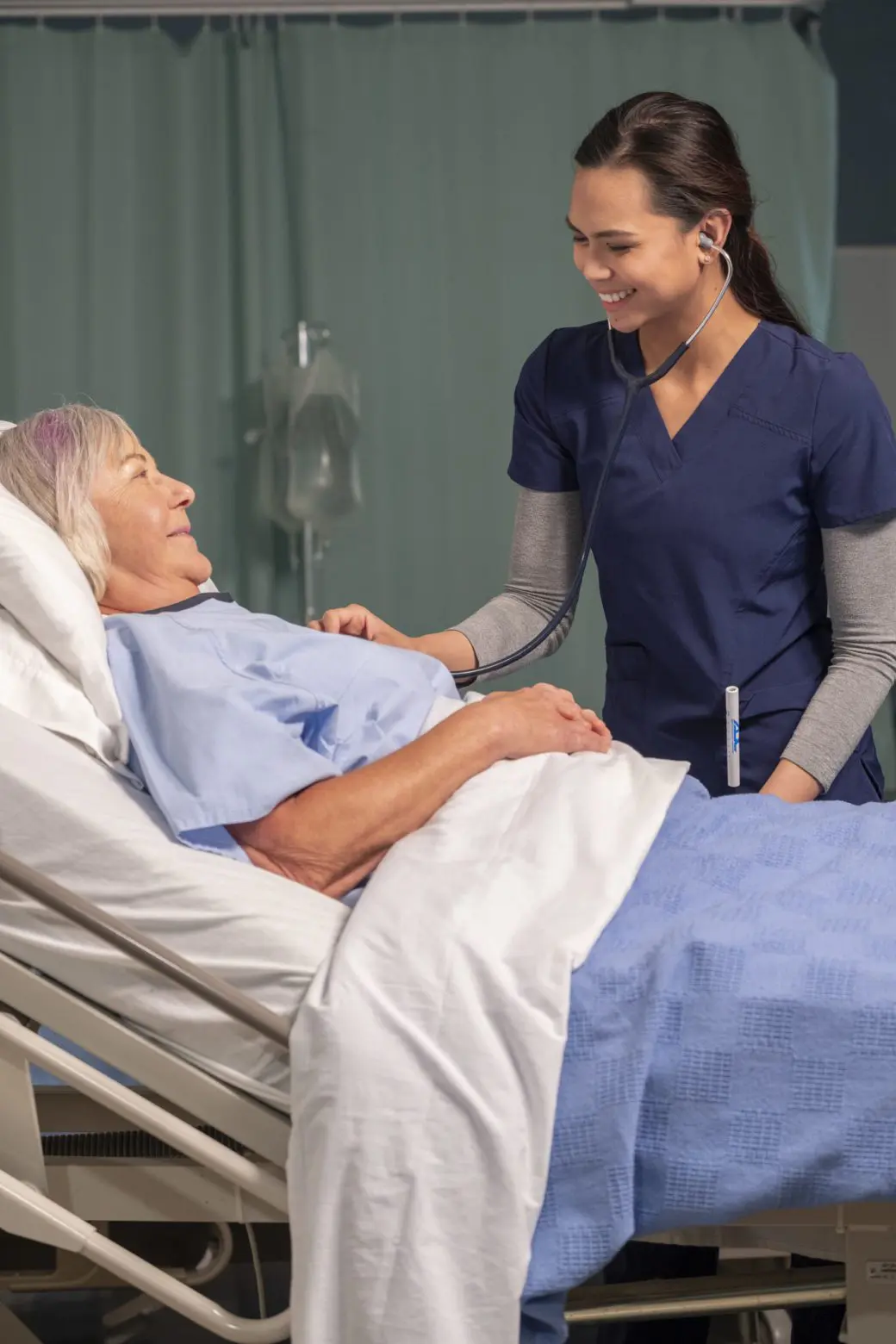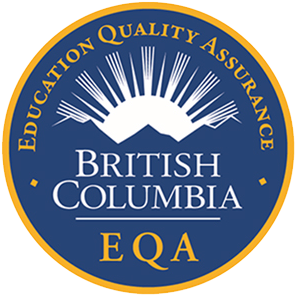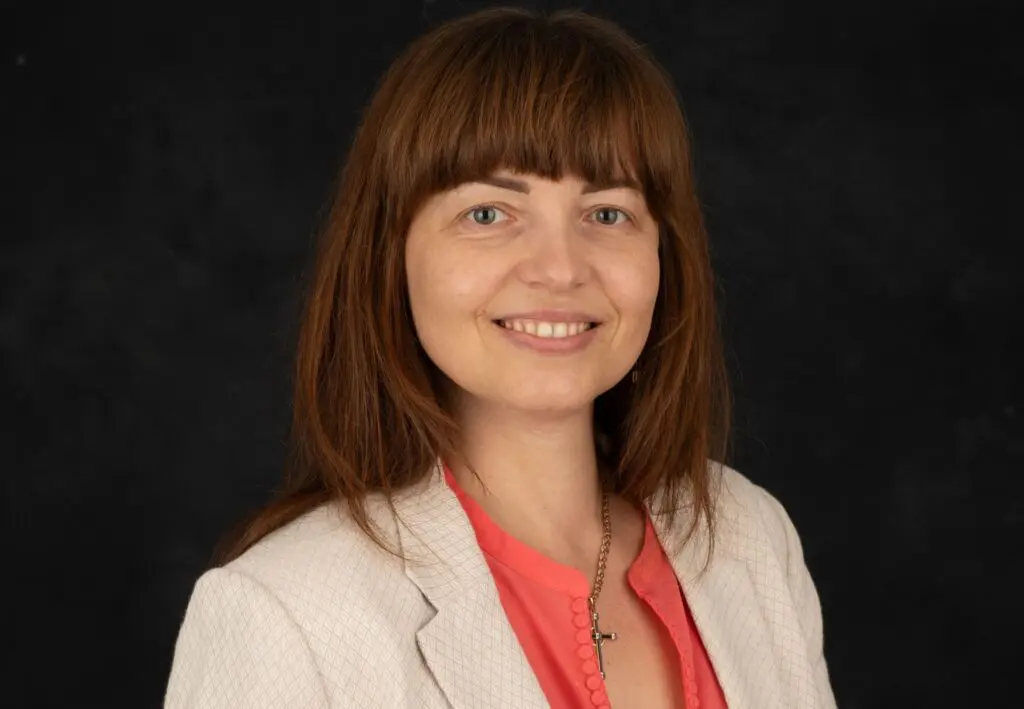Scholarships
We are excited to announce the following scholarships for the upcoming start of our Practical Nursing Diploma program.
Recent Secondary School Grads Scholarship*
Individuals who graduated from high school within 12 months of the upcoming program start may be eligible for a Practical Nursing scholarship.
Health Care Assistant Scholarship*
Registered Health Care Assistants may be eligible for a Practical Nursing scholarship for the upcoming program start.
*Conditions apply.
About the Career
The British Columbia College of Nurses and Midwives provides the following definition of Licensed Practical Nurses (LPNs): “LPNs are health care professionals. Most work as frontline nurses caring for a wide range of clients at all stages of life. LPNs provide nursing services ranging from health promotion, to acute care, to long-term and palliative care.
LPNs work in collaboration with other members of the health care team. Their education and practice — while rooted in the same body of knowledge as other nurses — focuses on foundational competencies within the LPN scope of practice and standards.” – bccnm.ca
What is the difference between a Registered Nurse and a Licensed Practical Nurse?
The British Columbia Ministry of Health explains:
“Both RNs and LPNs work autonomously within their professional scope of practice and level of competence, and as part of a collaborative team, to support safe, competent and ethical care for patients, families, and communities. Although both RNs and LPNs take similarly titled foundation courses, there is a difference in both the depth and breadth of knowledge covered, in the competencies developed, and expectations for clinical practice.
LPNs care for individuals at all life stages, with a focus on stable or predictable states of health. In specific settings, LPNs may be able to care for those with more complex care needs if they have additional education and/or training and/or supervision. As RNs have more comprehensive education, they have a more in-depth and broader knowledge base to draw upon in areas such as clinical practice, advanced clinical decision-making, and utilization of health research. RNs can provide care for any type of individual including those with complex, unstable or unpredictable conditions.” – pcnbc.ca
Potential employers:
- Public hospitals
- Long-term care facilities
- Public health facilities like veterans’ hospitals
- Centres for individuals with developmental disabilities
- Mental health facilities
- Home care and home support agencies
- Assisted living facilities
- Hospice care facilities











